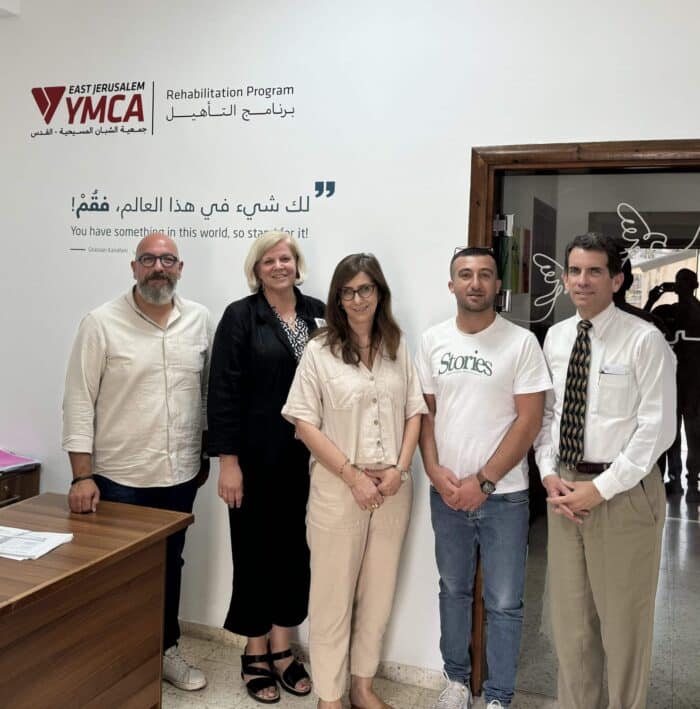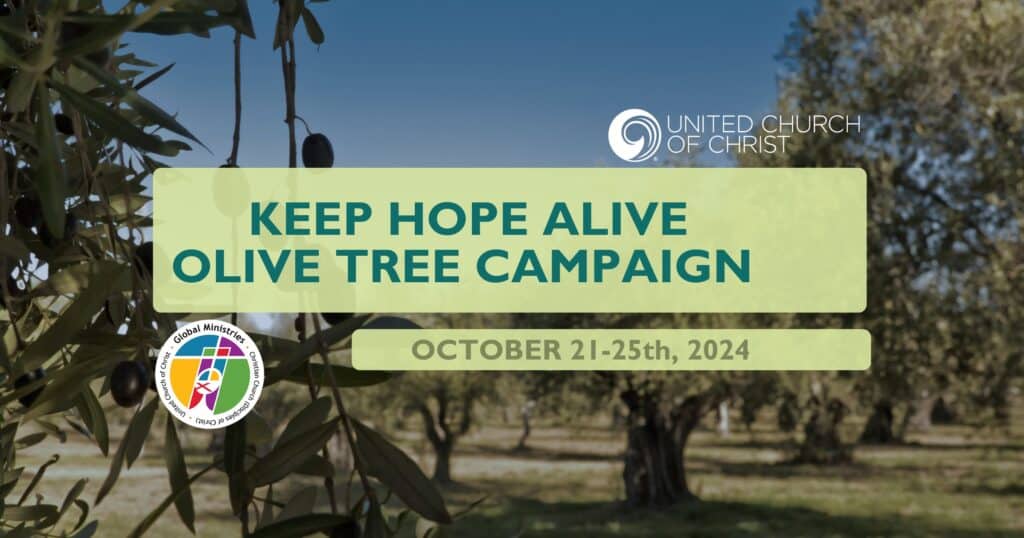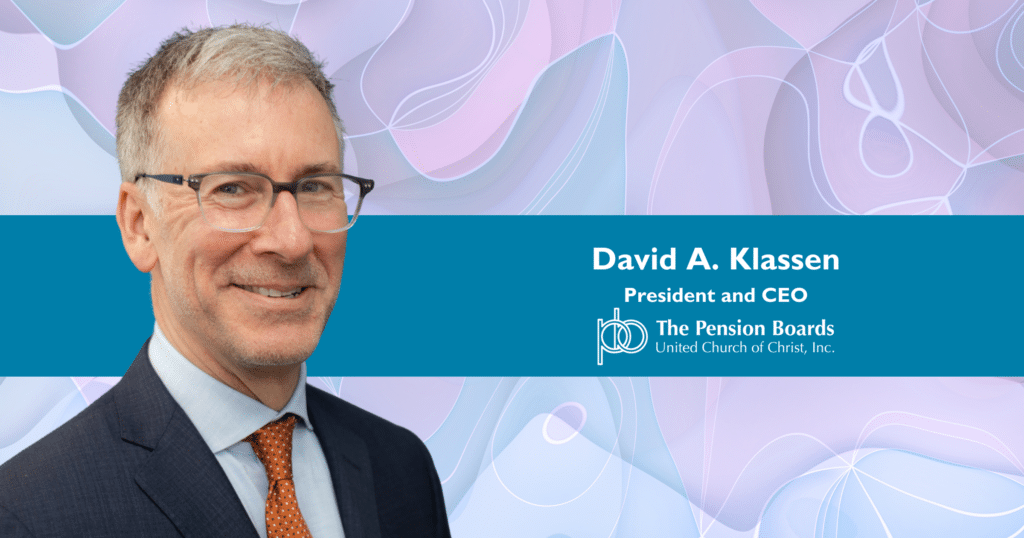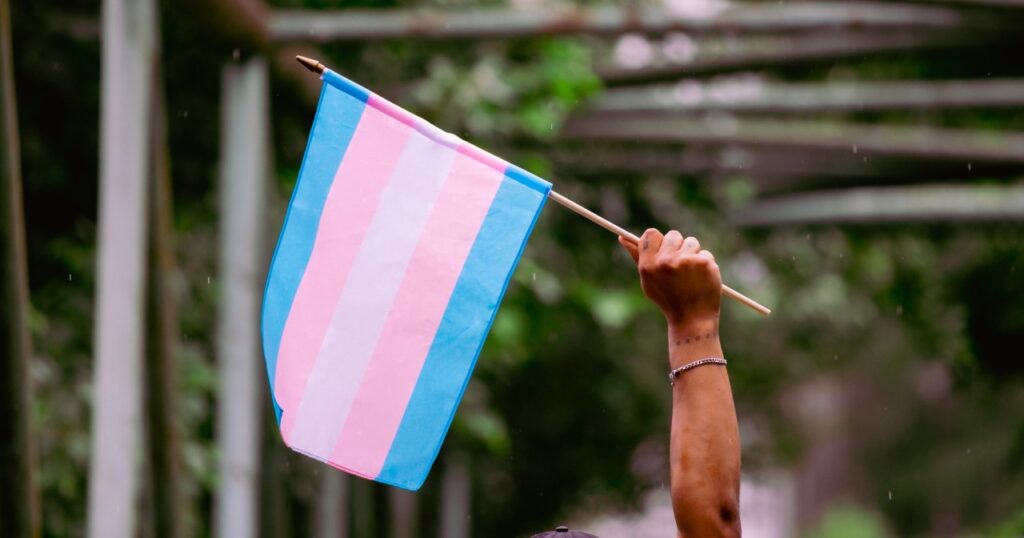‘Stir up a hope that refuses to dim’ — Oct. 7 remembered with laments
The United Church of Christ joined several siblings of faith — members belonging to Churches for Middle East Peace (CMEP) — on Oct. 7 for a virtual service of lament marking the year anniversary of the Hamas-led attack on Israel, which ignited the ensuing Middle East war.
The UCC is one of 35 Christian denominations belonging to CMEP, a group that elevates the voices of human rights activities and organizations in the Middle East.
According to Destiny Magnett, CMEP program and outreach manager, the service was to provide “a communal space” to process and name how “incredibly difficult the past year has been.”
It was also to assure those who seek peace, work to end conflict, and grieve over the many losses that “we do not walk alone.”
Quoting from Romans 12:15, the Rev. Mae Elise Cannon, executive director for Churches for Middle East Peace, reminded the virtual worshipers that “we mourn with those who mourn.”
“May we grieve alongside every person who lost a loved one on Oct. 7, having empathy for their suffering,” said Cannon, adding, “Oct. 7 was by no means the starting point of the Israeli-Palestinian conflict, but it was a day that changed history.”
UCC leaders show up
The Rev. Shari Prestemon, UCC acting associate general minister and co-executive for Global Ministries, a joint witness in mission between the Christian Church (Disciples of Christ) and the United Church of Christ, shared her reflection on how vital the power of presence is in times of conflict.
Over the summer, Prestemon and several UCC leaders, including General Minister and President Rev. Karen Georgia Thompson, visited mission partners in Lebanon, Jordan, Israel and Palestine.
What struck her the most was how grateful the partners were to be seen and heard.
“We entered the room and after greeting our partners we would let them talk and just listen to them,” said Prestemon, who shares more about the UCC Middle East visits on her blog, Voices of the Journey.
After listening, Prestemon and her colleagues asked their Middle East partners what they could do to support them. The answer: “Be with us. We need your solidarity.”

“Our presence there meant more to them than we could ever imagine,” she said.
Prestemon then offered a prayer acknowledging the growing despair, confessing “our inabilities in the way of peace,” and rededicating all to the continuing work of peace before ending with the bold plead for God “to stir in us a hope that refuses to dim.”
Churches for Middle East Peace will host another virtual prayer service for peace in the Middle East on Oct. 9.
Stirring and keeping hope alive
While Oct. 7 was a day to reflect and lament, Peter Makari, executive for Middle East & Europe at Global Ministries, advised against viewing this day as an anniversary marking the start of a conflict.
“Our Palestinian partners remind us that the history of conflict didn’t begin on Oct. 7,” said Makari, adding it is important to understand the region — its people, stories, and traditions — to address the root causes of the ongoing violence. “It is also important to look toward the future and to keep hope alive.”
In essence, what would an Oct. 8 look like for those who are still waiting for that new day to begin?
This year, Global Ministries, in collaboration with UCC’s Office of Public Policy & Advocacy in Washington, D.C., will explore that hope with a weeklong campaign called, “Keep Hope Alive.”
Beginning Oct. 21, each day provides the opportunity to learn, pray, and engage with the Palestinian people and their culture and traditions. More information is available on the week’s opportunities and ways to participate.
“It is exciting to focus on parts of Palestinian culture that we are not familiar with. This week is about sharing the positives and reinvigorating energy,” said Helen Smith, international policy advocate for the D.C. Office. “I hope the week brings something new to the conversations.”
An integral part of the Keep Hope Alive campaign is the planting of olive trees — not just a symbol of peace, but a source of income for Palestinian farmers.
The YWCA of Palestine and East Jerusalem YMCA, both longstanding partners of Global Ministries, are carrying out a campaign to replant 50,000 olive trees from areas where they have been uprooted. People are invited to learn more about the olive tree initiative and consider making a donation to plant an olive tree.
According to the Palestinian Ministry of Agriculture, the conflict has resulted in more than 250,000 olive trees have been uprooted.
“The hope for planting the olive trees is that is shows our long-term commitment to and solidarity with Palestinians living under Israeli occupation,” said Rebekah Choate, minister for global advocacy and education for Global Ministries. “The olive tree is itself a symbol of longevity, in addition to being a symbol of Palestinian resiliency and deep connection to the land. We are demonstrating our belief that a just peace is possible for the region.”
Content on ucc.org is copyrighted by the National Setting of the United Church of Christ and may be only shared according to the guidelines outlined here.
Related News
Pension Boards appoints David A. Klassen as its President, CEO
The Pension Boards, an affiliated ministry of the United Church of Christ recently announced its...
Read MoreTrans Day of Visibility message from UCC’s Thompson: ‘We will continue to show up and speak up’
On March 31, pale pink and baby blue striped flags fluttered in the wind in front of homes,...
Read MoreHelp Wanted
While in Washington, DC on Ash Wednesday, the 44th day of the current administration, I made...
Read More




